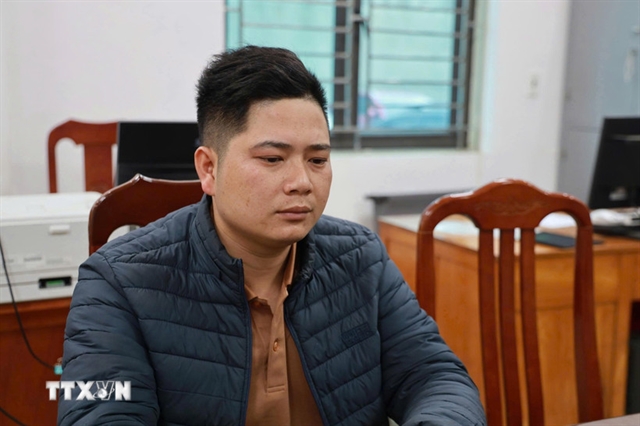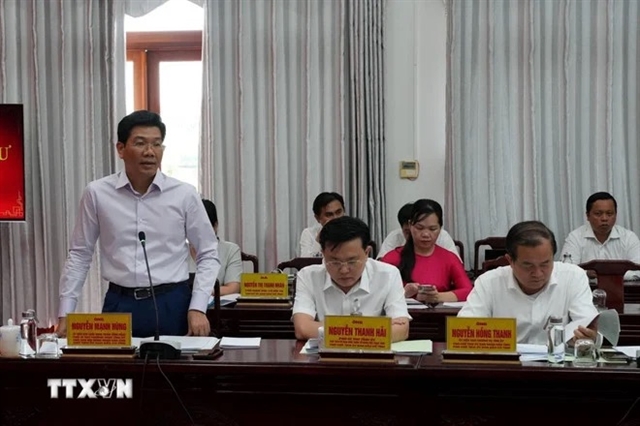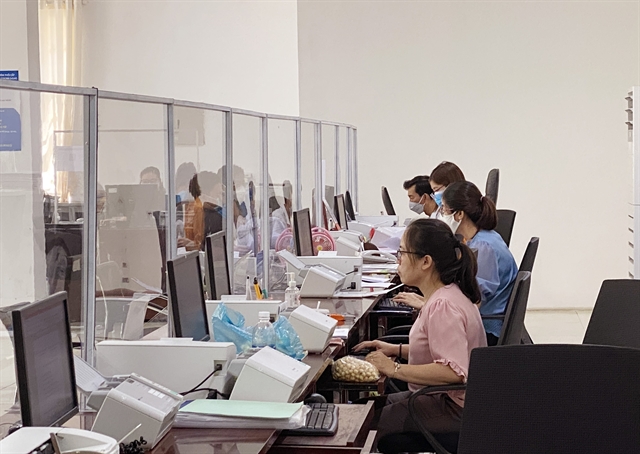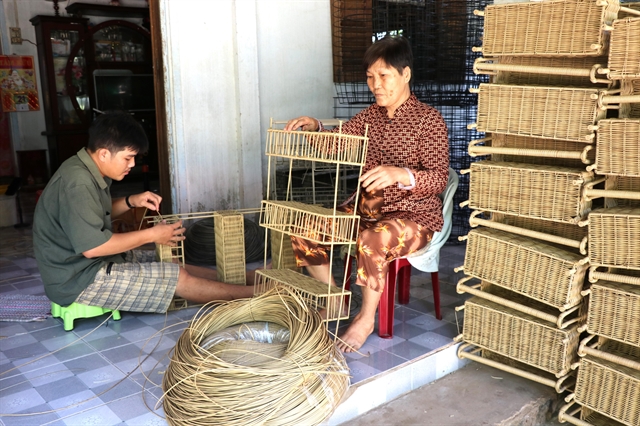 Society
Society

 |
| Students in a laboratory at the HCM City University of Food Industry. — VNA/VNS Photo Lý Thu Hoài |
HÀ NỘI — Over the past few years, various ministries and localities throughout Việt Nam have introduced various policies and resolutions to provide better treatment for talented individuals and encourage them to seek employment within State agencies.
HCM City is a typical example.
In the plan for 2018-22, the city had different programmes to allocate young talented people and excellent graduates to work in important positions.
Experts, scientists and people with special talents are enrolled in specific tasks and receive a monthly salary of VNĐ30-50 million (US$1,200-2,100) and housing rent support up to VNĐ7 million ($290) per month, along with other preferential policies.
Since 2014, the city has introduced another policy, inviting young scientists and technology experts to work in the fields of high technology, agriculture and biology with a maximum salary of VNĐ150 million ($6,300) per month.
However, many of these talented young people have left the public sector.
Despite such attractive policies, HCM City could enroll only 19 people in the past five years.
Remarkable figures from the Ministry of Home Affairs (MOHA) show that of the 39,552 people who moved from the public to the private sector in the past two and a half years (from January 1, 2021, to June 30, last year), 9,680 were medical workers.
Of these individuals, 3,094 doctors, 2,874 nurses, 551 medical technicians, 276 midwives, 593 pharmacists, and 2,280 other officials.
Among the people who quit or changed jobs, 653 have PhD degrees, 4,018 have master's degrees, and 19,637 have university qualifications.
Reasons
Việt Nam has an abundance of talented individuals, but these talents are not being utilised effectively, according to Trần Anh Tuấn, former deputy minister of Home Affairs and chairman of the Việt Nam Association of Administrative Sciences.
Tuấn argues that to retain talent, organisations need to offer good living and working conditions alongside a good income.
The former Deputy Director of the Institute of State Organisational Sciences under the Ministry of Home Affairs (MoHA), Dương Quang Tung, suggests that organisations should explore a range of solutions to attract and utilise talent, not just financial incentives.
Tung emphasises the importance of good leadership, asserting that leaders must know how to use their employees best.
Tuấn agrees with Tung, adding that talented individuals work not only for money but also for their ideals, ambitions, and dedication.
To successfully identify and retain talents, organisations must change their approach to talent selection.
Tuấn urges organisations to consider not only young people but also the elderly and not to place too much emphasis on qualifications.
Instead, he suggests that organisations look for individuals with talent, virtue, dedication, and prestige and respect them accordingly.
“Schools give degrees, but life never gives degrees," he said. "Many talented people have grown up in real life. Therefore, it is necessary to change the mind-set of recruiting talents based on degrees."
Changing the narrative
 |
| Ninh Thuận Province Administration Centre workers resolve procedures for residents and enterprises. — VNA/VNS Photo Công Thử |
According to the Global Talent Competitiveness Index (GTCI) 2021, Việt Nam ranked 82nd out of 134 countries and 13th out of 15 countries in East Asia, Southeast Asia and Oceania regarding talent competitiveness.
The country ranked 95th in talent attraction, 65th in talent discovery, and 94th in talent retention. While Việt Nam is among the top 10 low-middle-income countries in the world, it is not among the top 10 countries in attracting and retaining talent.
At the 21st ASEAN Cooperation on Civil Service Matter (ACCSM 21) chaired by the MoHA last August, Roger Tan, assistant chief executive of the Singapore Civil Service College (CSC), shared that Singapore found talent by implementing a flexible worker rotation system.
Singapore sends staff to work in the private sector, such as airlines and banks, for two years to learn business skills.
Associate Professor Lê Minh Thông, deputy chairman of the National Assembly's Law Committee, suggested public employees be tested regularly to remove those who are not capable or qualified, and create room for talented people.
Additionally, State agencies should diversify policies to attract talents and have leaders who are prestigious, conscientious and visionary who can gather and attract talents.
Former Deputy Minister of Home Affairs Nguyễn Tiến Dĩnh highlighted the importance of retaining talents, which can be achieved by creating a good working environment and providing worthy treatment for them to develop.
After many years of compiling, the national strategy on attracting and using talents has been completed by MoHA and is in the process of collecting comments.
The project sets out task of attracting and using talents in all areas of social life, innovate thinking in searching for and attracting talents, and propose 12 major solutions with specific tasks to implement.
The MoHA plans to set up a fair and professional working environment, encourage innovation and creativity, and provide suitable preferential policies for talent's dedication.
Minister of Home Affairs Phạm Thị Thanh Trà stated that training professional civil servants with a good sense of responsibility and good attitude and work ethic is an indispensable requirement for public administration reform today. — VNS




